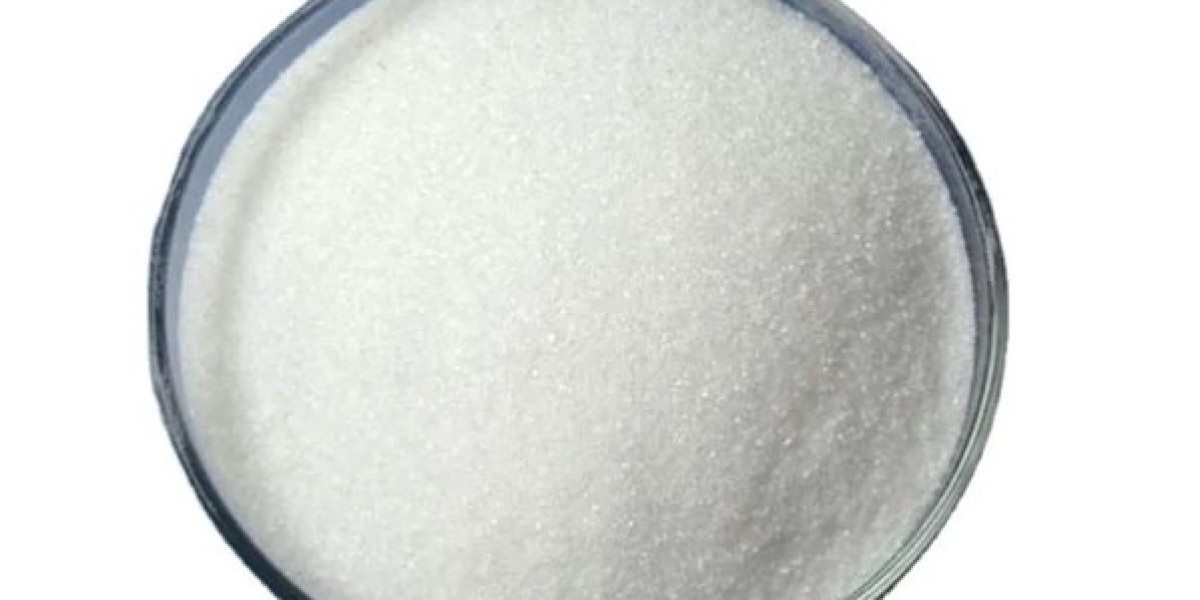Sodium citrate, with its chemical identifier CAS 68-04-2, is a remarkable substance widely used across various industries due to its unique properties as a food additive, buffer, and emulsifier. Lianye Environmental Protection Technology has harnessed these qualities to produce sodium citrate that plays a critical role not only in food and beverage applications but also in construction, electroplating, manufacturing, and industrial cleaning.

1. Sodium Citrate in Food and Beverage Industries
Food Additive and Flavor Enhancer
In the food industry, sodium citrate is prized for its versatility. It acts as a flavor enhancer, contributing a slightly salty and tart flavor to beverages and foods, which makes it a staple in sodas, juices, and dairy products. Its ability to regulate acidity and preserve food by stabilizing active ingredients in fats and oils makes it indispensable in the production of ice creams, jams, jellies, and cheese. The cheese-making process, particularly for smooth and creamy varieties like American and Mozzarella, relies heavily on sodium citrates emulsifying properties.
Stabilizer and Preservative
Sodium citrate's role as a stabilizer helps maintain the texture and appearance of many food products, preventing the separation of oils and fats, thus ensuring consistent quality and satisfaction among consumers. As a preservative, it extends the shelf life of perishable items, reducing food waste and making products more economical for consumers and manufacturers alike.
2. Application in Construction
Sodium citrate's utility extends beyond the kitchen. In the construction industry, it serves as an effective retarder in concrete production. By adding sodium citrate, manufacturers can enhance the anti-freezing, compressive, and tensile properties of cement products, which is crucial for structures in colder climates. This application not only ensures the longevity and durability of concrete structures but also contributes to safer building practices.
3. Electroplating and Manufacturing
Lianye Environmental Protection Technology recognizes the importance of sodium citrate in the electroplating industry. Due to its excellent complexing properties, sodium citrate facilitates neutral citrate nickel plating, a process celebrated for its environmental friendliness and outstanding coating performance. This method is preferred in many industries due to its minimal pollution, ease of maintenance, and corrosion resistance, marking it as an essential component in sustainable manufacturing practices.
Additionally, in the nanomaterials and ceramics industries, sodium citrate is used in grinding and whitening technologies. Its application ensures higher quality and better performance of materials, which are pivotal in modern technological advancements and industrial applications.
4. Industrial Cleaning: A Step Towards Eco-friendliness
The widespread use of sodium tripolyphosphate in the washing industry has led to significant environmental challenges, such as eutrophication and red tides. Sodium citrate offers a phosphate-free alternative in the formulation of laundry powders and liquid detergents. Lianye Environmental Protection Technology promotes the use of sodium citrate in cleaning agents to combat the environmental issues associated with phosphate-based products, thereby supporting global sustainability efforts.
Conclusion
Sodium citrate's diverse applications demonstrate its versatility and indispensability in modern industries. From improving the sensory qualities of food to enhancing the durability of concrete and reducing environmental impact in cleaning processes, this compound proves its worth across a broad spectrum of uses. Lianye Environmental Protection Technology is at the forefront of promoting sodium citrate's benefits, ensuring that industries not only achieve operational efficiency but also contribute positively to environmental sustainability. As industries continue to evolve, the role of sodium citrate is likely to expand, finding new applications that address the needs of a dynamic global market.







